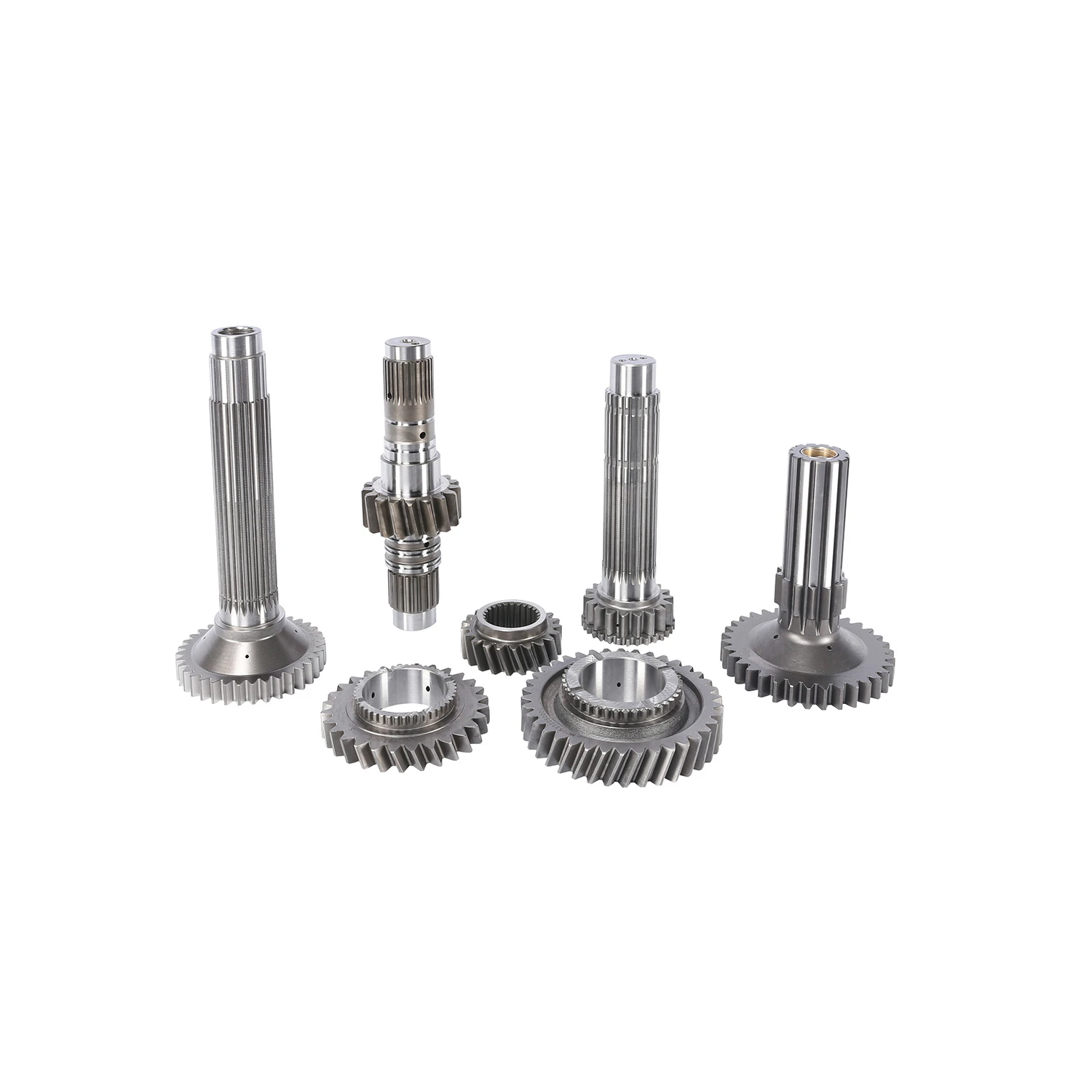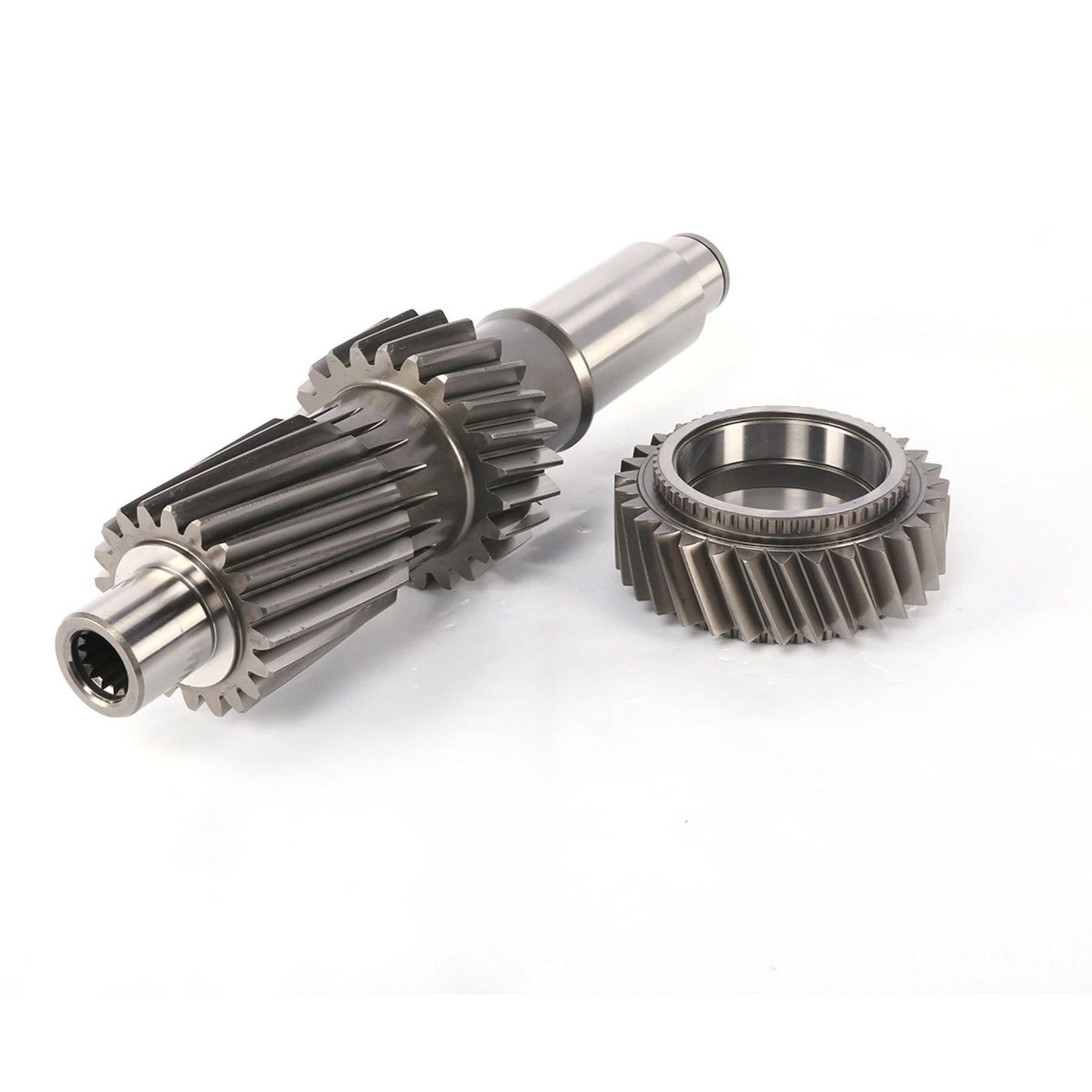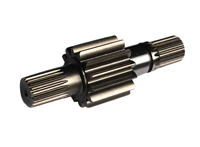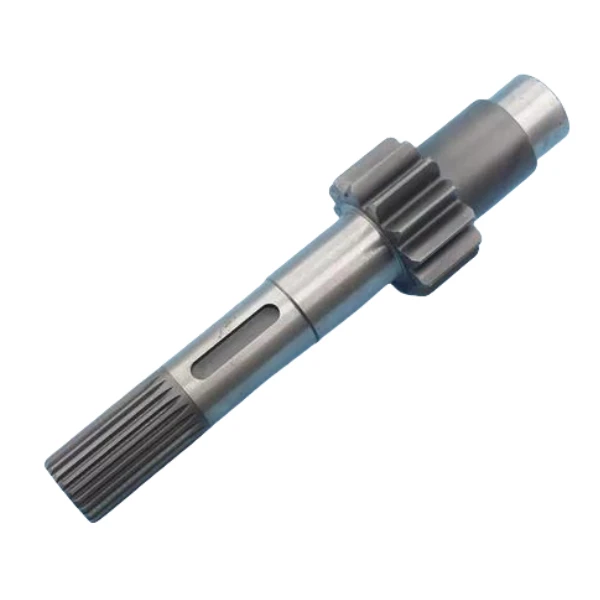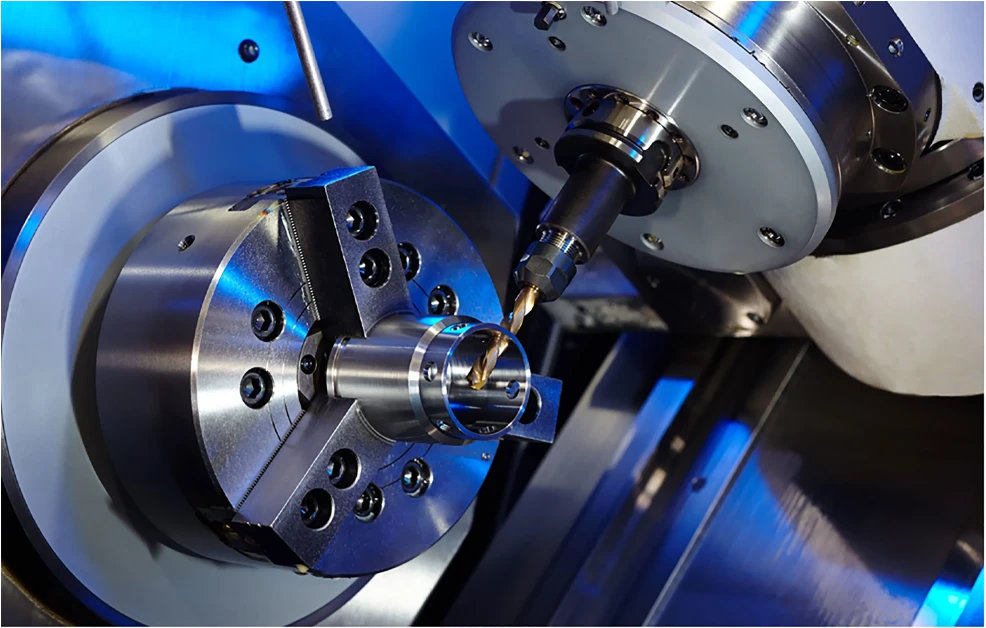High-Precision Driving & Driven Shafts Durable Industrial Solutions
- Understanding the Fundamentals of Power Transmission Systems
- Technical Advantages of Modern Shaft Designs
- Performance Comparison Across Leading Manufacturers
- Custom Solutions for Industry-Specific Requirements
- Real-World Applications and Efficiency Gains
- Maintenance Strategies for Long-Term Reliability
- Future Innovations in Driving and Driven Shaft Technology
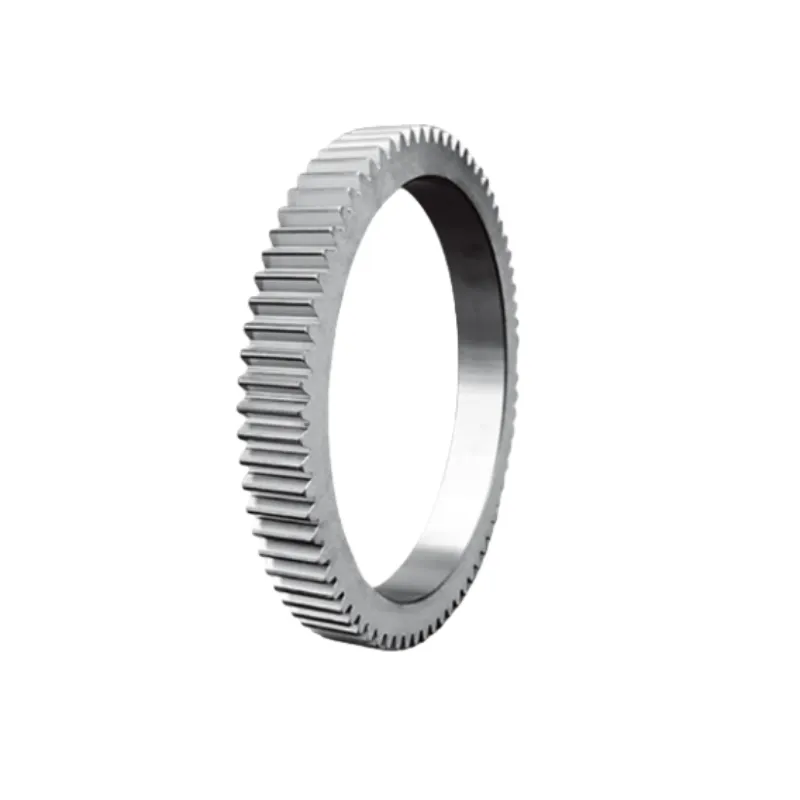
(driving and driven shaft)
Understanding the Fundamentals of Driving and Driven Shafts
Power transmission systems rely heavily on the synchronized operation of driving shafts and driven shafts. The driving shaft, connected to the primary power source, transfers rotational energy to the driven shaft, which then delivers it to mechanical components. Precision alignment between these shafts ensures minimal energy loss—typically below 2% in modern systems—while mismatched configurations can reduce efficiency by up to 15%. Advanced materials like carbon-fiber composites now enable torque capacities exceeding 10,000 Nm, a 40% improvement over traditional steel alloys.
Technical Advantages of Modern Shaft Designs
Contemporary engineering solutions integrate hollow shaft architectures, reducing weight by 25–30% without compromising strength. Laser-balanced components achieve vibration levels under 0.5 microns, critical for high-RPM applications. Manufacturers utilizing plasma-coated surface treatments report 50% longer service intervals compared to untreated shafts. These innovations directly address historical pain points such as thermal expansion mismatches and harmonic resonance.
| Manufacturer | Torque Capacity (Nm) | Material | Efficiency | Service Life (hrs) | Price Point |
|---|---|---|---|---|---|
| AlphaDrive Pro | 12,500 | Carbon-Titanium Hybrid | 98.7% | 25,000 | $$$ |
| TorqMaster X9 | 9,800 | Hardened Steel | 96.2% | 18,000 | $$ |
| Vortex Ultra | 15,000 | Nano-Ceramic Composite | 99.1% | 30,000+ | $$$$ |
Performance Comparison Across Leading Manufacturers
The competitive landscape reveals stark differences in technical specifications. While premium solutions like Vortex Ultra’s nano-ceramic shafts command 30% higher costs, they demonstrate 18% greater longevity in extreme conditions. Mid-tier options balance affordability with 95%+ efficiency ratings, suitable for general industrial use. Third-party testing confirms that thermal degradation occurs 47% slower in hybrid-material shafts compared to conventional designs.
Custom Solutions for Industry-Specific Requirements
Specialized applications demand tailored configurations. Mining equipment manufacturers now adopt triple-bearing support systems for shafts exceeding 8m in length, reducing deflection by 22%. Food processing lines utilize FDA-compliant polymer coatings that withstand 500+ CIP cycles. Recent aerospace contracts specify shafts with embedded strain sensors, enabling real-time load monitoring at 2000Hz sampling rates.
Real-World Applications and Efficiency Gains
Automotive assembly plants report 12% faster production rates after upgrading to modular shaft systems. Wind turbine installations using adaptive coupling mechanisms achieve 9.2% higher energy yields. Case studies from marine propulsion upgrades show 14% fuel savings through optimized driven-gear alignment. These measurable improvements validate the ROI of advanced shaft technologies.
Maintenance Strategies for Long-Term Reliability
Predictive maintenance protocols leveraging IoT sensors reduce unplanned downtime by 60%. Spectral analysis of vibration patterns identifies bearing wear 150 operating hours before failure. Automated lubrication systems maintain optimal grease levels within ±3% tolerance, extending component lifecycles beyond manufacturer guarantees.
Future Innovations in Driven and Driving Gear Systems
Emerging smart shaft prototypes integrate shape-memory alloys that self-correct alignment deviations up to 0.7°. Research into quantum-dot surface treatments promises friction coefficients below 0.01, potentially revolutionizing power transmission efficiency. Partnerships between automotive and aerospace engineers aim to commercialize sub-20kg shaft assemblies capable of handling 20,000Nm loads by 2026.
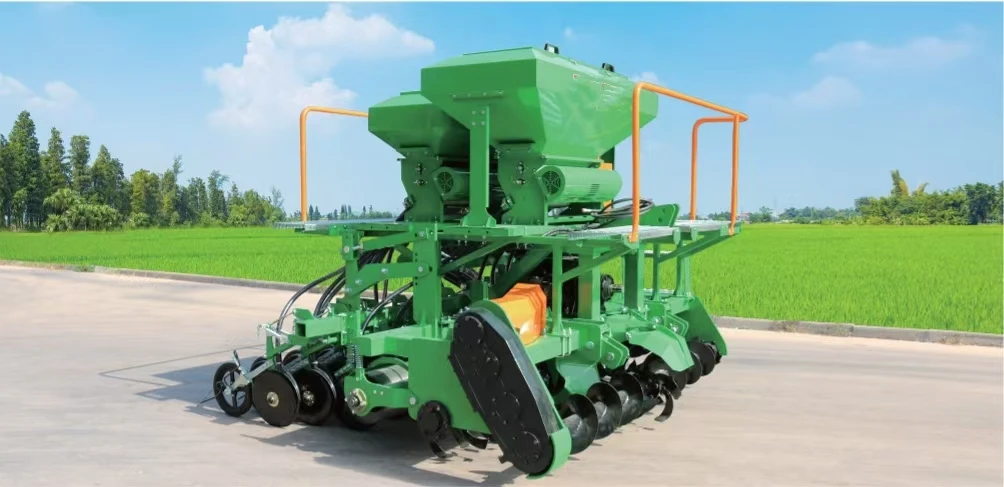
(driving and driven shaft)
FAQS on driving and driven shaft
Q: What is the difference between a driving shaft and a driven shaft?
A: The driving shaft transmits power from the source (e.g., engine), while the driven shaft receives power to perform work. They work together in systems like transmissions or gearboxes to transfer rotational force.
Q: How do driving and driven shafts interact in mechanical systems?
A: The driving shaft rotates via an external power source, transferring torque to the driven shaft through couplings, gears, or belts. This enables motion in connected components like wheels or machinery.
Q: What causes misalignment between a driving shaft and driven shaft?
A: Misalignment often results from improper installation, wear, or external forces. This can lead to vibrations, reduced efficiency, or component damage if not corrected with alignment tools or adjustments.
Q: Why are driving and driven gears critical in shaft systems?
A: Driving gears on the driving shaft mesh with driven gears on the driven shaft to control speed and torque ratios. Proper gear alignment ensures smooth power transmission and minimizes energy loss.
Q: How to maintain driving and driven shaft connections?
A: Regular lubrication, alignment checks, and inspecting couplings or gears for wear are essential. Addressing imbalances early prevents mechanical failures and extends system lifespan.
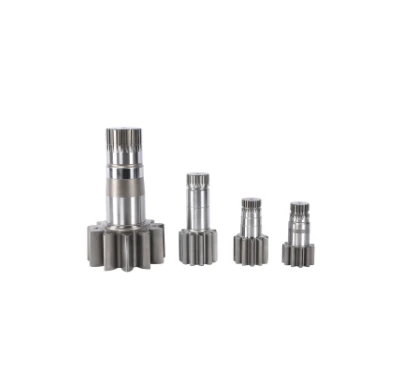
In the mechanical realm, various components work in harmony to enable the efficient transfer of power and motion.
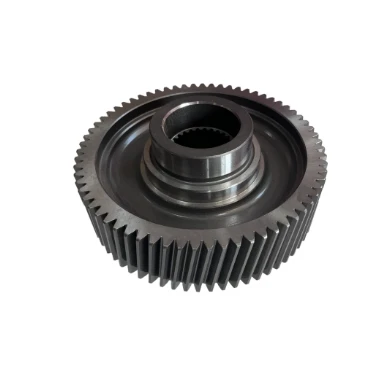
In the mechanical engineering domain, a plethora of components work in harmony to ensure the smooth operation of various machines.
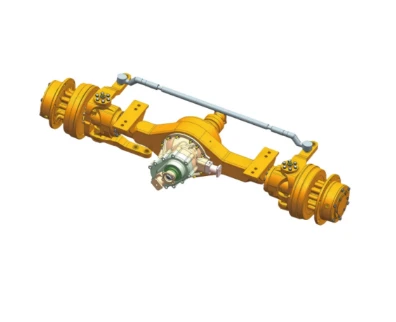
In the intricate machinery of vehicles, certain components play a pivotal role in ensuring efficient power transmission and reliable operation.
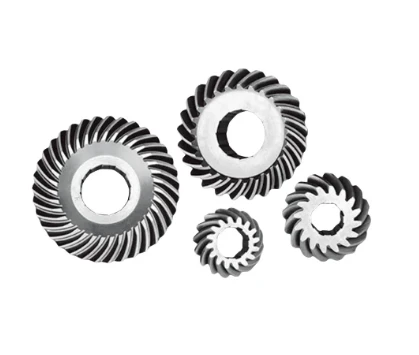
In the intricate world of rice machine manufacturing, the assembly process is a symphony of precise engineering and careful component selection.
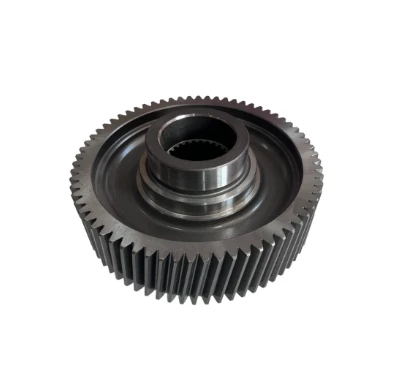
In the intricate world of agricultural machinery, gears are the unsung heroes that ensure seamless operation and efficient power transmission.
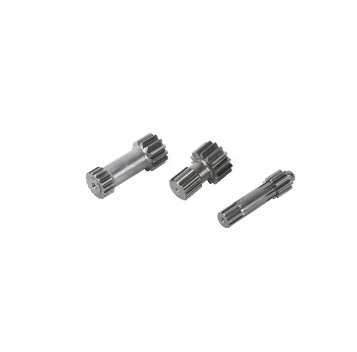
In the bustling world of construction, the seamless operation of heavy - duty machinery is crucial for project success.
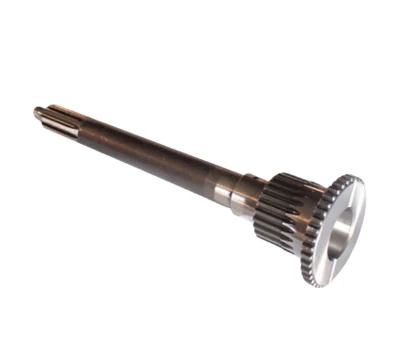
In the intricate world of mechanical engineering, gears are the unsung heroes that keep countless machines running smoothly. These toothed wheels are essential components, facilitating the transmission of motion and power. From the robust drive gears that initiate movement to the specialized corn machine gear and returning machine gear designed for specific agricultural equipment, and the complex gearbox assembly that houses multiple gears, as well as the highly precise high precision gear used in demanding applications, each type plays a vital part in different machinery systems.
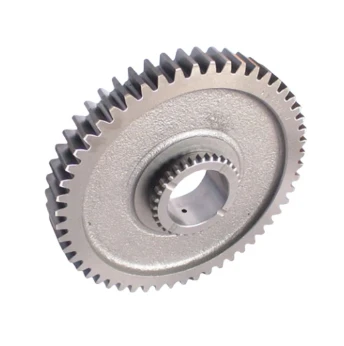
Mechanical systems, whether in industrial machinery or agricultural equipment, rely on a variety of components to function effectively. Among these essential parts, gears play a pivotal role in transmitting power and motion. From the gearbox gear that forms the core of power transmission within a gearbox to the drive gear that initiates the movement of a system, and the specialized bevel gears that change the direction of motion, gears are integral. In the agricultural sector, components like wheat machine gear and deep tiller gear are vital for the proper functioning of farming equipment, ensuring efficient crop processing and soil cultivation.
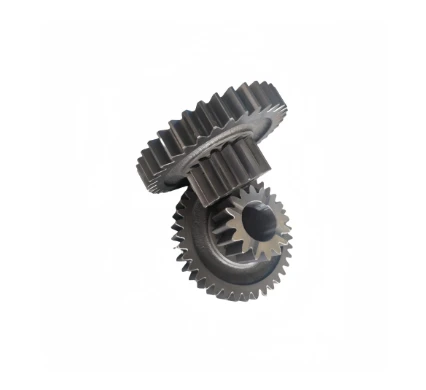
In the intricate world of mechanical engineering, certain components play a crucial role in ensuring the smooth operation of machinery, especially in the agricultural sector. From the gears that transfer power to the seats that facilitate meshing, each part contributes to the overall functionality and efficiency. Arc gear, meshing seat, harvester gear shaft, corn gear, and returning gear are among the key elements that are integral to various mechanical systems, particularly those found in agricultural equipment.
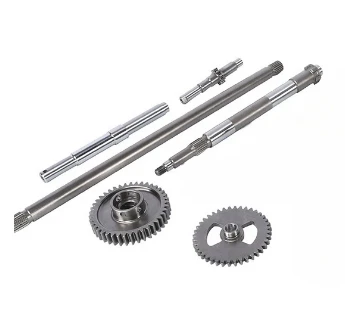
In the intricate world of mechanical engineering, a variety of specialized components work in harmony to ensure the smooth operation of machinery. From agricultural equipment to industrial gear systems, components like border inspection assembly, ring gear/gear ring, high frequency gear, meshing seat, and harvester input shaft play crucial and distinct roles. Each of these elements is designed with specific functions in mind, contributing to the overall performance, durability, and efficiency of the machinery they are part of.
International layout
Spread all over the world
our products are exported to various parts of the world. Currently, our products have been exported to more than 40 countries Our products cover Asia, Europe, Africa, South America, North America, and Oceania
Sign up
for Newsletter
Subscribe to the weekly newsletter for all the latest updates


